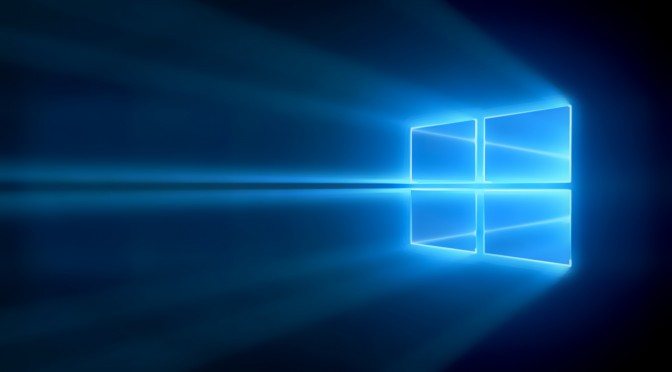Microsoft has revealed that future hardware will not support versions of Windows released prior to Windows 10. Customers who wish to upgrade to new hardware will need to upgrade their OS to the latest Windows release or risk incompatibility.
The changes are going to be across the board, Intel’s Kaby Lake and AMD’s Bristol Ridge CPUs will both only officially support Windows 10. Mind you it seems users will still be able to go it alone and assume risk on new hardware, unsupported by Microsoft or hardware manufacturers.
Going forward, as new silicon generations are introduced, they will require the latest Windows platform at that time for support. This enables us to focus on deep integration between Windows and the silicon, while maintaining maximum reliability and compatibility with previous generations of platform and silicon. For example, Windows 10 will be the only supported Windows platform on Intel’s upcoming “Kaby Lake” silicon, Qualcomm’s upcoming “8996” silicon, and AMD’s upcoming “Bristol Ridge” silicon.
While I’m not a huge fan of seeing Microsoft decrease the versatility of Windows I understand why they are doing this. It’s difficult to maintain an OS like Windows that supports the insane number of hardware configurations that it does and runs as reliably as it does. So in a way this is Apple-esque (which I’m admittedly not a fan of), Apple determines the configurations it supports from the ground-up via keeping hardware design and OS design under the same roof. This is a cost cutting move that allows Microsoft to focus on less configurations.
I anticipate the move won’t go over well with a decent sized chunk of Windows users, though I don’t think this is a conspiracy by Microsoft. I think this speaks to increased competition from OS X, Chrome OS and mobile OS. A negative perception regarding the reliability of Windows vs. competing OS amongst casual computer users and a need to consolidate focus within the desktop space to shore up profits, with unfortunate consequences for Windows 7 users and fans.
On the bright side 10 is a good OS, with significant performance improvements. If Microsoft would be more transparent about some user’s valid concerns regarding privacy on 10 I think this move would be seen in a less negative light. As it is I anticipate a fair share of controversy.
Toss in your two cents in the comments.
Spencer joined us in early 2015, previously a console centric gamer he switched to PC a few years ago. He later helped push for an increase in Japanese content on PC with the #SEGAPCPorts campaign. Previously he ran a SEGA fansite as well as co-hosted a gaming podcast. He thinks Duke Nukem 3D is the best FPS of all time, his text message alert on his phone is literally Duke Nukem saying “Let God sort ’em out.”
Contact: Email

